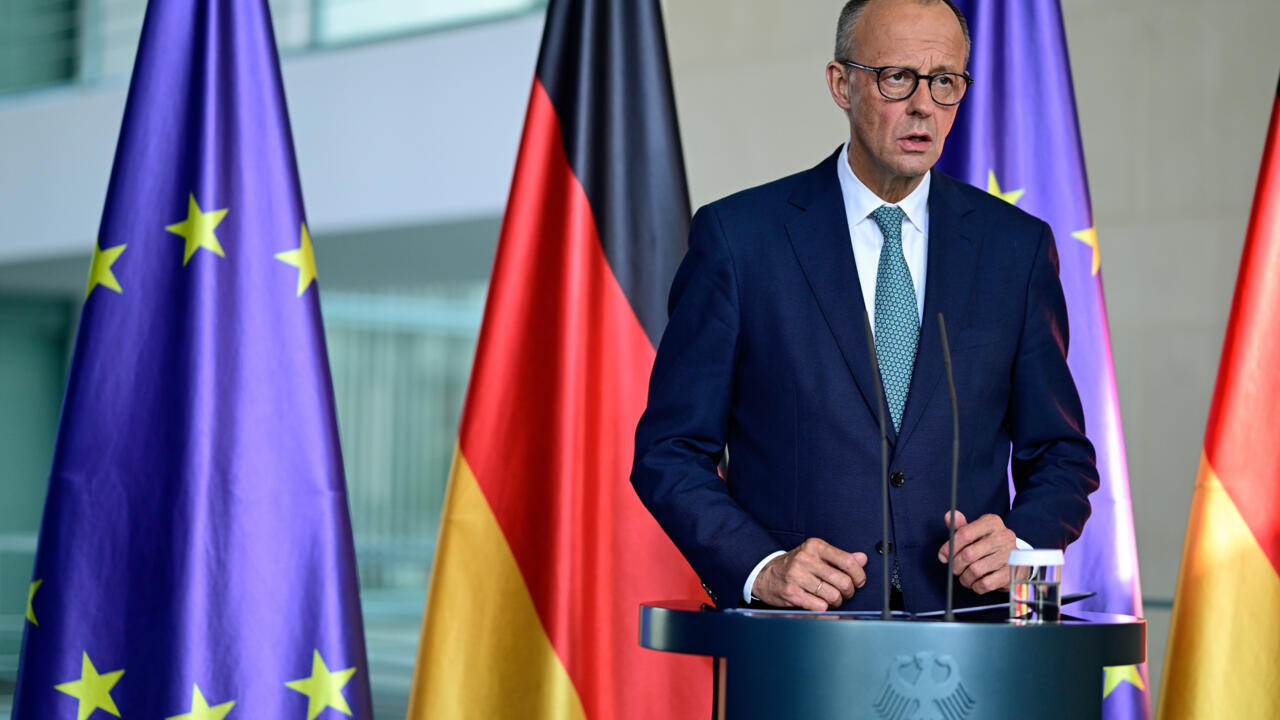Germany Freezes Military Shipments to Israel Over Gaza Concerns
In a significant policy shift, Germany has officially suspended all military equipment exports to Israel that could be used in Gaza operations. The decision comes after Israel expanded its military activities in the Gaza Strip, prompting Berlin to reconsider its arms commitments in the context of humanitarian impact and international legal obligations.
The halt affects all exports that may be utilized in the densely populated Gaza region, a move that underscores Germany’s increased scrutiny over the conflict’s evolution. While Germany continues to support Israel’s right to self-defense, this new position signals rising concern over the treatment of civilians and the scale of military responses in the region.
International human rights advocates have long raised alarms over the humanitarian conditions in Gaza, and Berlin’s recent policy development aligns with growing international calls for accountability and restraint in military operations. Learn more about international arms trade regulations and how they affect conflict zones globally.
Humanitarian Concerns Drive Policy Shift
Germany’s government emphasized that the decision is not a sanction but a measure rooted in humanitarian principles. Officials cited deep concern about the worsening situation for Gaza’s civilian population, which includes limited access to clean water, food, and healthcare. The planned military occupation of Gaza City, home to over one million people, has raised alarms about forced displacement and long-term human suffering.
Germany has urged Israel to allow unrestricted humanitarian access for UN agencies and NGOs operating in Gaza. It also called for immediate improvements in living conditions and long-term planning for aid distribution. Humanitarian guidelines under UN OCHA remain central to the policy expectations Germany has expressed.
This action also reflects Berlin’s intent to hold its international partners to standards established under the Geneva Conventions, particularly with regard to civilian protection during armed conflict. The country has reaffirmed its commitment to international humanitarian law while pressing for diplomatic resolutions in the Middle East.
Diplomatic Pressure and Shifting European Dynamics
Germany’s decision comes amid mounting domestic and international pressure to reevaluate its stance toward Israel’s policies in Palestinian territories. Though Berlin historically maintained unwavering support for Israel, recent military escalations have led to growing calls for a more balanced approach that accounts for regional stability and human rights.
European allies, including France and the United Kingdom, have been engaged in diplomatic efforts to de-escalate the conflict and promote ceasefire negotiations. Germany’s evolving posture may influence broader European Union positions on arms sales and foreign policy alignment within the EU Common Foreign and Security Policy.
Furthermore, Germany has cautioned Israel against any further steps toward annexation of the West Bank, warning that such moves could severely undermine the prospects for a two-state solution and long-term peace. By recalibrating its military export policies, Germany aims to promote a more responsible and legally coherent role in international diplomacy.







